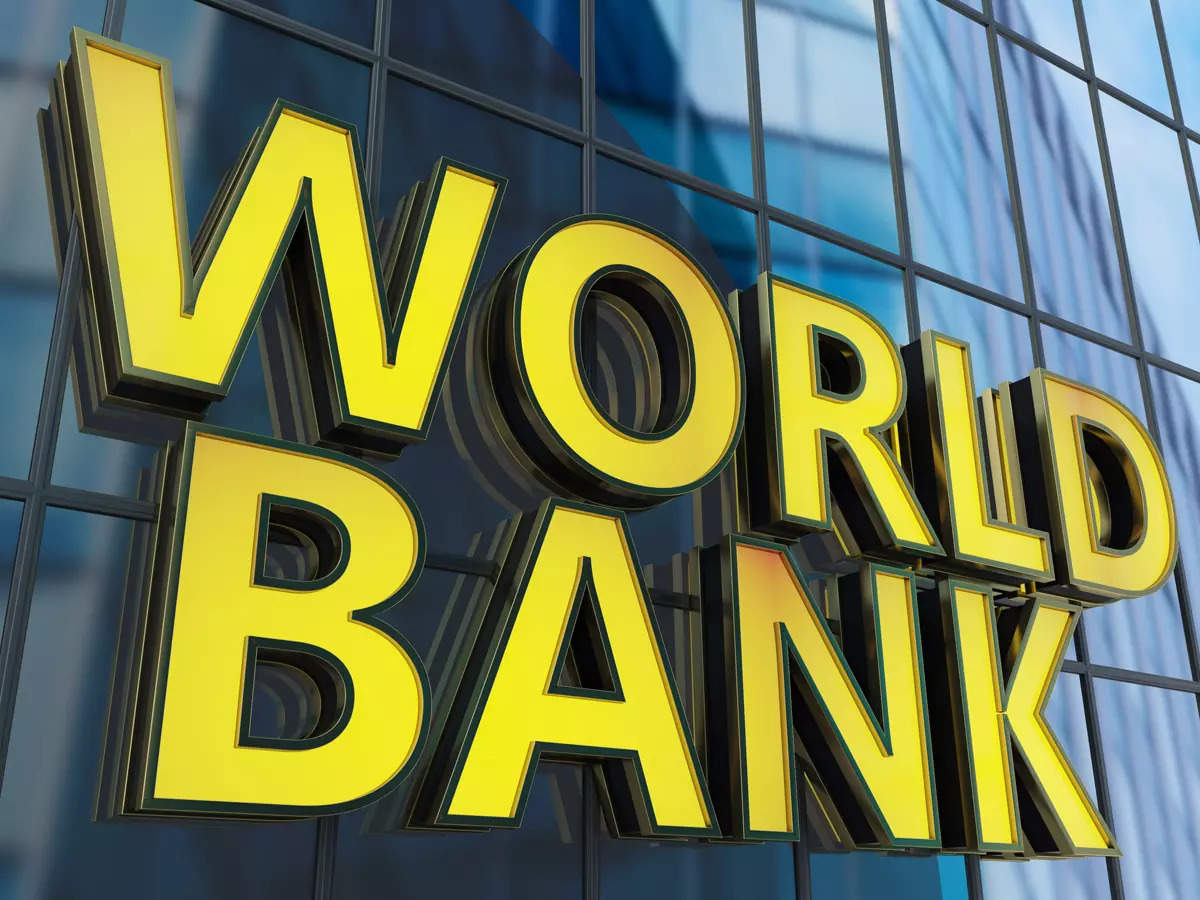World’s biggest market for sub-$100 million IPOs booms in India
In the past two years, Paytm and the nation's largest insurer IPOs lost money. India had the most stock offerings this year, 92, according to Bloomberg.

After the crushing letdown of overhyped mega-share sales, India's IPO industry has found that little is beautiful.
Investors in IPOs in the financial services sector have lost money over the previous two years, from the startup Paytm to the largest insurer in the country. As Bloomberg data shows, this year India hosted the highest stock market debuts (92) of any country, with each providing up to $100 million in stock sales.
After borrowing rates spiked, small businesses are turning to the stock market to get capital. This trend has persisted for the past five months. Retail investors are spending more than 100 times what's on the table for some IPOs despite the fact that these listings often suffer from low trading liquidity and have loose transparency regulations.
Abhishek Sharma, managing director at GYR Capital Advisors, said, "IPOs are a product of a bull run in stocks." These businesses are benefiting from increased interest from both individual and institutional investors.
Despite the highest interest rates since 2018, the major market indexes in India have reached all-time highs on the back of rising earnings and the economy. The SME IPO index is leading the market this year, rising 26% compared to the Nifty 50's 9% growth.
Oversubscription has been the norm for recent months for offerings by small and medium sized businesses. Bids were as high as 106 times higher than the initial offering price for drone manufacturer ideaForge Technology Ltd., and as high as 102 times higher for the more modestly sized Utkarsh Small Finance Bank.
Due to the poor showing of the two largest share sales of 2022—Life Insurance Corporation of India Ltd., an insurance company, and Delhivery Ltd., a delivery startup—the IPO bubble among smaller companies ensued. The percentages of decrease from their original selling prices are 33 and 18, respectively. Paytm's parent company, One 97 Communications Ltd., is also trading at a discount of more than 60% below its offer price.
Swetabh Sonal, a North Indian independent trader, said, "I am trying to add small companies to my portfolio" after passing on the past IPOs owing to their high values.
In response to questions, BSE Ltd. wrote in an email that "small companies have unlimited potential in fueling the vibrancy of the Indian economy" and that the exchange was "undertaking efforts," including "working closely with various governments, industry bodies," to reach out to such businesses about possible listings.
There are currently worries about corporate governance and a lack of research, but these issues are being masked by the larger returns from tiny IPOs. Earnings reports for companies trading on the two SME exchanges are only due every six months, and neither exchange nor any of its member firms receives coverage from brokerages or large investment firms.
Also Read : Sebi fines MSEI, its MD, CFO for flouting Securities Contracts rules
Ashapura Intimates Fashion Ltd. is a lingerie manufacturer that went public in the beginning of 2013. Since then, the company's stock has increased by more than 800%. It filed for liquidation and then went dormant in 2020. Indian health and wellness products distributor Nureca Ltd. saw a 61% increase in share price upon its initial public offering in 2021. As of now, more than two years after its high point, the stock has dropped by more than 80%.
According to Gajendra Kothari, MD & CEO of Etica Wealth Pvt Ltd., which manages assets worth more than 16 billion rupees, "SME IPOs are far more riskier than the big ones because this space is little researched, there is very few institutional ownership, there are no foreign investors and no mutual funds."














.jpeg?updatedAt=1701886969716)





